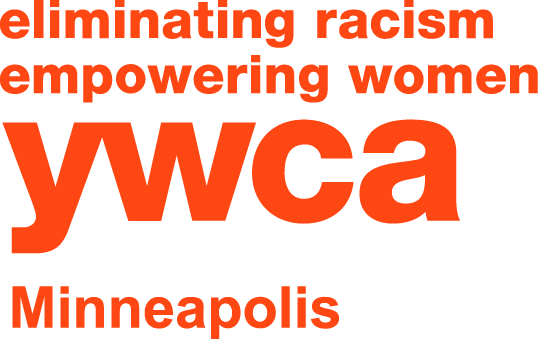March is National Reading Month: 4 Tips on Supporting Child Reading Success
Literacy development in young children is a key indicator of future educational and life success. The National Association for the Education of Young Children (NAEYC) guides early childhood best practices, especially in early learning environments like preschool and child care.
What is Emergent Literacy?
Emergent literacy is a term that is used to describe getting our littlest learners “ready for school.”Emergent literacy skills are practices that provide young children with a foundation for later success in reading. You can support young children’s reading success with your time and intention. Time spent with children is teaching and learning; no special equipment or advanced knowledge necessary!
How Can I Support My Child’s Reading Success?
1. Read Together
From infancy onward, children develop positive associations with reading and build happy memories with books. Reading time can be brief, but it should happen every day.A great program to get involved with is 1,000 Books Before Kindergarten. On their website you’ll find book lists and suggestions to make reading exciting, including tracking journals and extension activities. There’s even an interactive app! Check out your local library to see if they participate; the Hennepin County Library System is a participant.
2. Repetition
Read a favorite book as many times as they like and repeat sounds and words that they use. This “mini conversation” is called mirroring and reinforces your child’s attempts at language. This technique is especially helpful to infants and toddlers who are just learning verbal language.
3. Print-rich Environments
Take the time to point out familiar logos to emergent readers. Reading and memorization goes hand and hand. Riding in the car, trips to the grocery store or picking out a favorite movie all expose children to print in their environment. Letters are symbols for sounds, words are symbols for an idea or item and memorization of these units of print create a positive experience for children to believe that they can “read”!
4. Talk, talk, talk!
The quantity of words that children are exposed to directly relates to the richness and variety of vocabulary. The most important part of language exposure is the amount that children hear. Don’t worry about what you say or how you say it, grammar doesn’t matter.The more talkative families are, the more successful the children will be in their development of language, including developing reading skills. If you can add in sound exploration, even better! “A sailor went to sea, sea, sea to see what he could see, see, see…” “Boat, goat, moat, float!”
Learn Through Play
The thing that pulls all of these interactions together is play! You set the example that reading is fun by creating fun experiences around books and language.Children learn best when they are engaged. Children are more likely to engage if they are having fun and have some choice in the activities. Let them choose the story or song. Then, be interactive by reading in a silly voice or “forgetting” a word in a story they know well so the children have to correct you.Reading together makes priceless memories, but it also sets your child up for success; not just in school but for a lifetime!
